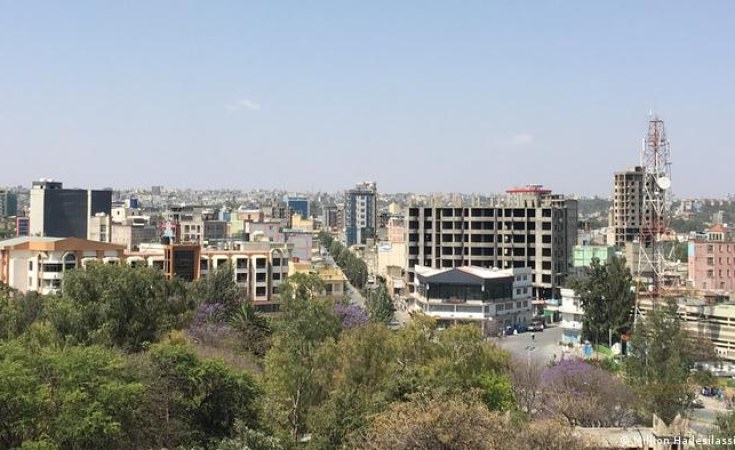Addis Abeba — Members of Ethiopian parliament elected from the Oromia region said they have submitted a letter consisting ten points to Prime Minister Abiy Ahmed and senior leaders of the parliament demanding lasting peace in Oromia region.
About 80 MPs convened and discussed security situations in Oromia region on 05 December last week, before drafting the letter which urges the government among other things, to make peace deal with Oromo Liberation Army (OLA), a rebel group operating in the region, in a same manner it did with Tigrayan forces, an MP told the BBC's Afaan Oromoo service.
"The Oromos have suffered in lack of peace. Killings and displacements have continued. The difficult situations the Oromo people are facing have persisted for long and doesn't seem to have an end," MP Buzayehu Degefa said, adding that, "the peace that has been made in Tigray has to be replicated in Oromia, and the people should be able to live in peace".
"Tigray was without peace yesterday, and there is now peace somehow. This needs to happen here [in Oromia]. Be it with those armed, or non-armed, negotiations need to take place with all who have stakes in this," he added.
He said the security situation of the Wollo Oromos living in the Amhara Region, border demarcation issues, the issue of teaching Afaan Oromoo in Addis Abeba among other things have been included in the letter signed by the MPs.
According to Buzayehu, a presser subsequent to their discussion and issuance of the letter was cancelled after consultative meetings were held with senior leaders of the parliament including speaker Tagesse Chafo, who assured them that, "there are promising directives going forward, and that peace will prevail".
A PR officer at the parliament however told Addis Standard that she is unaware of any sort of official discussion held by MPs on security situations in Oromia and the letter they submitted to the speaker.
Ethiopian government has reached a peace deal with Tigrayan forces on 02 November in Pretoria, South Africa, ending a two years long bloody war in the Northern part of the country. Calls have been mounting ever since for the government to also peacefully resolve the conflict in Oromia in a similar manner.
In a statement released last week following the latest killings of civilians in East Wollega, Oromia, the opposition, Oromo Federalist Congress (OFC) said, "the peace pact that ignores the problem of Oromia does not treat the citizens of the country equally" while urging the international community to "put the necessary political pressure" on the government to solve the political disputes in the country through political dialogue and peaceful means. AS


